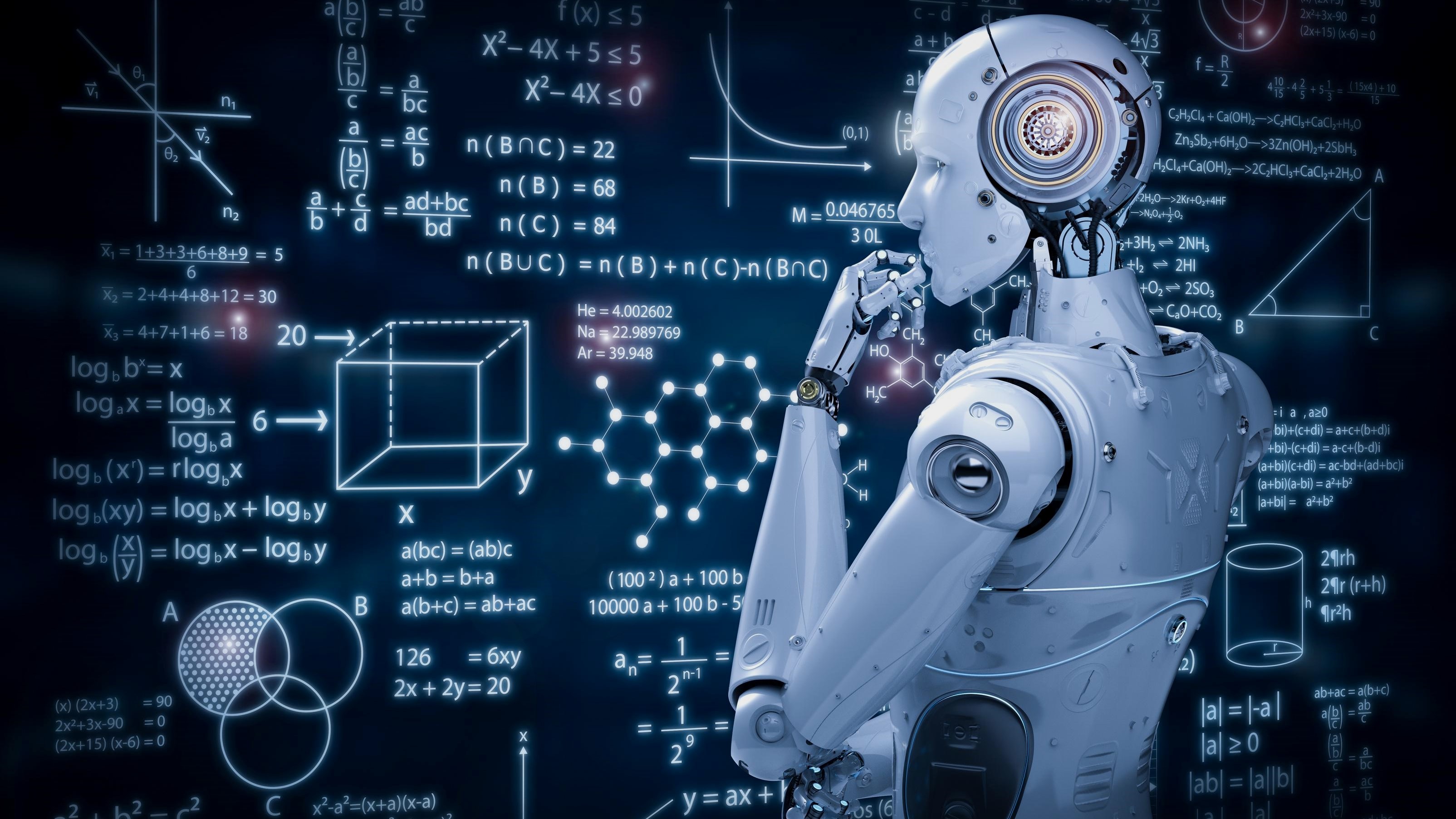In the digital era, quizzes have become a popular form of engagement, education, and entertainment. Whether it's for classroom learning, employee training, or online trivia games, quizzes offer an interactive and immersive experience for participants. While traditional quiz creation methods require significant time and effort, artificial intelligence (AI) technology has emerged as a game-changer, revolutionizing the way quizzes are developed. In this article, we will explore how AI can help in creating great quizzes and discuss the various ways it enhances quiz creation processes.
Efficient Question Generation
AI technology can streamline the process of question generation, saving time and effort for quiz creators. Natural Language Processing (NLP) algorithms combined with machine learning techniques can analyze vast amounts of text, extract relevant information, and generate questions automatically. AI-powered systems can comprehend context, identify key concepts, and formulate questions that challenge participants while maintaining relevance to the quiz's objective.
Adaptive Difficulty Levels
One size does not fit all when it comes to quizzes. AI algorithms can dynamically adapt quiz difficulty levels based on the participant's performance, ensuring an optimal learning experience. By continuously analyzing user responses, AI systems can adjust the complexity of subsequent questions, allowing learners to be appropriately challenged. This adaptive approach promotes engagement, minimizes frustration, and enables personalized learning paths for individuals with different skill levels.
Enhanced Content Curation
AI can be a powerful tool for curating quiz content from vast repositories of knowledge available on the internet. By leveraging advanced web scraping techniques and semantic analysis, AI algorithms can gather relevant information from trusted sources and compile it into well-structured quiz content. This capability ensures the accuracy and up-to-dateness of quizzes, catering to various domains such as history, science, literature, and pop culture.
Intelligent Feedback and Assessment
One of the significant advantages of AI in quiz creation lies in its ability to provide instant feedback and assessment. AI-powered systems can evaluate participant responses, identify correct and incorrect answers, and offer detailed explanations or additional resources to enhance learning. This immediate feedback loop not only motivates learners but also enables them to identify areas for improvement, promoting a continuous learning process.
Gamification and Engagement
AI technology can infuse quizzes with gamification elements, enhancing participant engagement and enjoyment. By leveraging AI algorithms, quizzes can incorporate interactive features such as time-based challenges, leaderboards, and personalized recommendations. These elements create a competitive and immersive experience, keeping participants motivated and encouraging them to explore new topics or revisit previous quizzes.
Data-driven Insights and Analytics
AI-powered quiz platforms can provide comprehensive analytics and insights into participant performance. By analyzing vast amounts of data, AI algorithms can identify patterns, trends, and knowledge gaps. This information enables quiz creators and educators to refine their content, tailor future quizzes, and address specific learning needs. AI-powered analytics offer valuable data-driven insights that help optimize the learning experience and improve overall quiz performance.
Collaborative Quiz Creation
AI technology can facilitate collaborative quiz creation, allowing multiple individuals to contribute their expertise. With AI-powered platforms, educators, subject matter experts, and content creators can collaborate remotely, sharing ideas, reviewing questions, and collectively building high-quality quizzes. This collaborative approach harnesses the power of collective intelligence, leading to more diverse, comprehensive, and accurate quiz content.
Conclusion
AI technology is revolutionizing quiz creation by making it more efficient, engaging, and personalized. From question generation to adaptive difficulty levels, content curation to intelligent feedback.
Image by Claude AI

